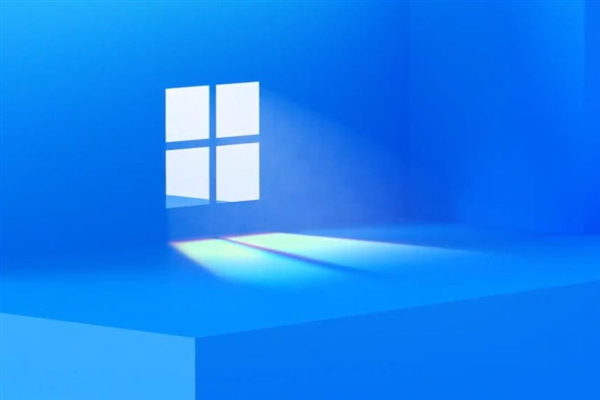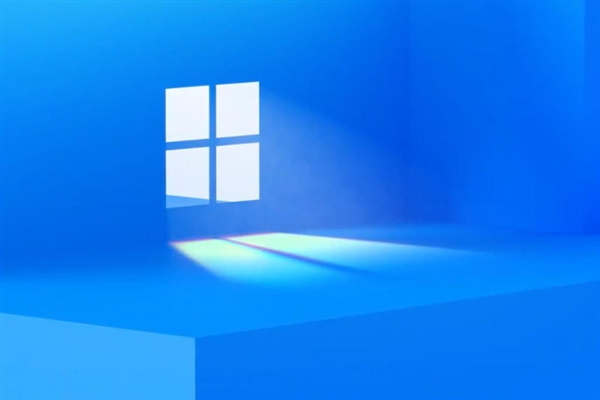October 21, 2024 – Google CEO Sundar Pichai announced last Thursday that the team responsible for the company’s Gemini AI assistant application will be transferred to its DeepMind research laboratory. This move is part of a larger effort to streamline the company’s structure and “continuously accelerate the pace of AI development,” as Pichai stated in a blog post.
In addition to the team transfer, Pichai also revealed that Prabhakar Raghavan, the top leader of Google’s search and advertising division, will step down from his current role after four years to assume the position of Google’s Chief Technology Officer. Raghavan will be succeeded by Nick Fox, a veteran Google executive who previously served as a search lieutenant under Raghavan. Fox will now oversee the company’s search, advertising, maps, and shopping services.

Google has long held a dominant position in the global search engine market. However, in the past two years, the company has been perceived as lagging behind in the introduction of generative AI tools and services compared to competitors like Microsoft and startups such as OpenAI. To maintain competitiveness in this new landscape, Google must carefully manage the expansion of its AI business to avoid disrupting its core profit model. Pichai’s announcement positions this reorganization as a measure to expedite the company’s progress in the field of artificial intelligence.
It’s worth noting that Google has been consolidating its AI-focused teams over the past six months, striving to enhance the Gemini model to compete with companies like OpenAI and Anthropic. Earlier this year, the company shifted its model, research, and responsible AI teams to the DeepMind division. Shortly after, DeepMind merged with Google Brain, another internal research department.
DeepMind, originally founded in London in 2010 as an academic research lab, was acquired by Google in 2014. In recent years, the organization has gradually shifted its focus from pure research to product development.
In an interview with Bloomberg last month, Eli Collins, Vice President of Product at DeepMind, observed that many leading research labs, both within and outside of Google, have transitioned into product companies. He stated that DeepMind has had to “pick up the pace” to keep up with the rapid innovation in artificial intelligence.
Meanwhile, Google faces increasing antitrust scrutiny from federal officials. In August, the company lost a lawsuit brought by the U.S. Justice Department, which accused Google of illegally monopolizing the online search and advertising market. Another trial targeting Google’s dominant position in online advertising technology concluded in September, and a verdict is expected by the end of this year.












